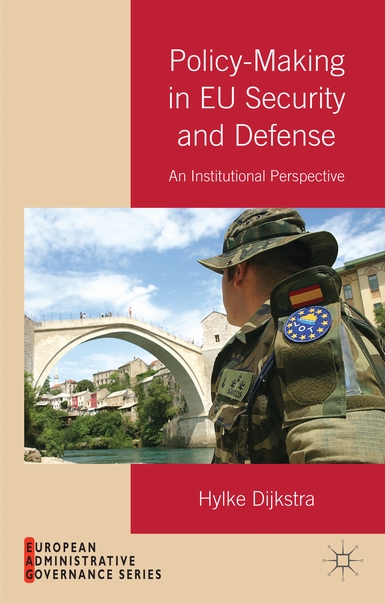
A Marshall Plan for Ukraine?
As policymakers and commentators grapple with understanding the direction of Russia’s invasion of Ukraine, they turn to the past for guidance. Are we at the beginning of a more general war –1914 or 1939? Or is the experience of how major wars end a guide? The Marshall Plan of 1948-1951 is all over the news as discussions get under way about the hoped-for recovery of Ukraine. “The war in Ukraine has caused the world, particularly the west, to look to the past for answers…. Marshall Plan history is no longer a niche,” says the Financial Times’s Gillian Tett. EU Commissioner Johannes Hahn, Prime Minister Boris Johnson, magazines like New Statesman, and think tanks like the Center for Economic and Policy …

“National interest” – what do we mean?
“National Interest” has entered the lexicon as a phrase that implies a realist approach to International Relations. It carries an assumption that is it possible to define the national as a melding and cohering of all interests, including business, sectoral, regional, and religious, within a country. When politicians use the phrase National Interest they seek to convey a message about the importance of what they are saying. It is a term deployed to allude to grand ideas and strategies and to conjure up an image of national power, rather than to illuminate what is actually going on in the foreign policy process, or routine political activity. The phrase can and has been applied to the military, political and economic spheres—the …

Policy making in EU Security and Defense: A Q&A with Hylke Dijkstra
Hylke Dijkstra, a Marie Curie fellow here in Oxford, has brought out a book that is of considerable contemporary interest as the EU struggles to relocate itself more firmly in the world not only of economics and finance, but of international relations. Congratulations to him!
Security has been a catch-phrase for our times. Military, civilian, human, legal, economic, environmental? Delivered by states, institutions, by NGOs, by citizens, by armies or judges? The term has been defined almost to ‘meaningless-ness’. Classical defence debates have virtually disappeared from our vocabularies. And no roomful of political scientists could ever agree on an exhaustive list of what the most important security and defence threats actually are. So Dijkstra’s book is an ambitious one.










